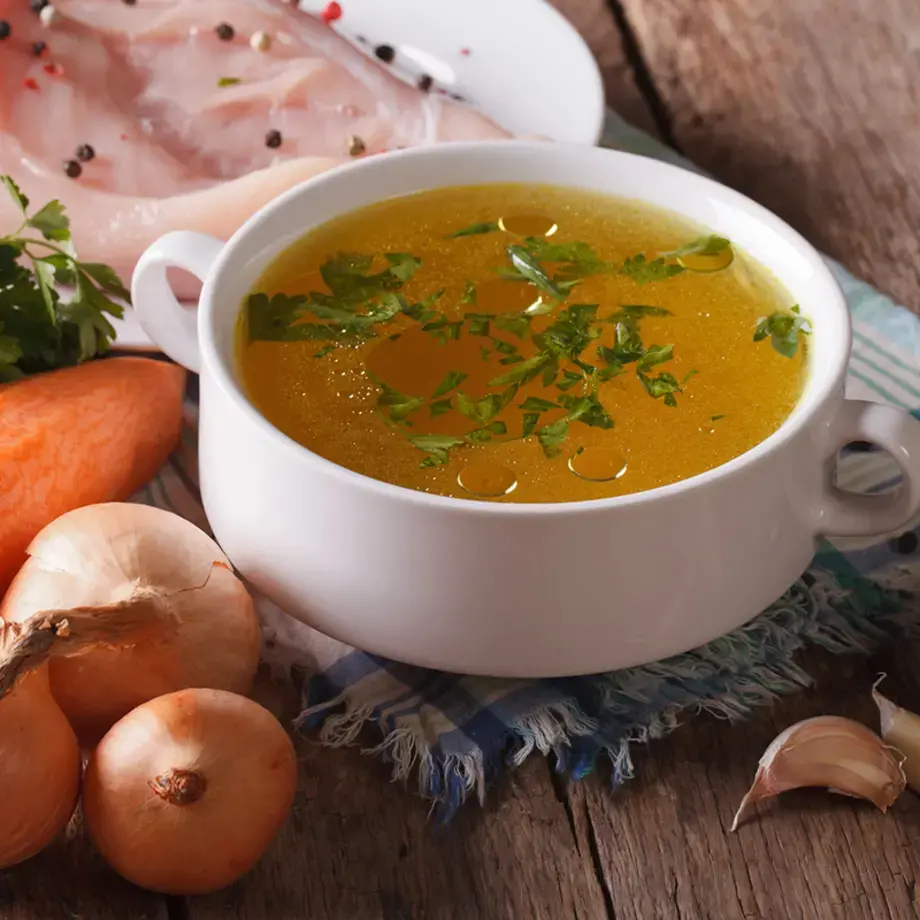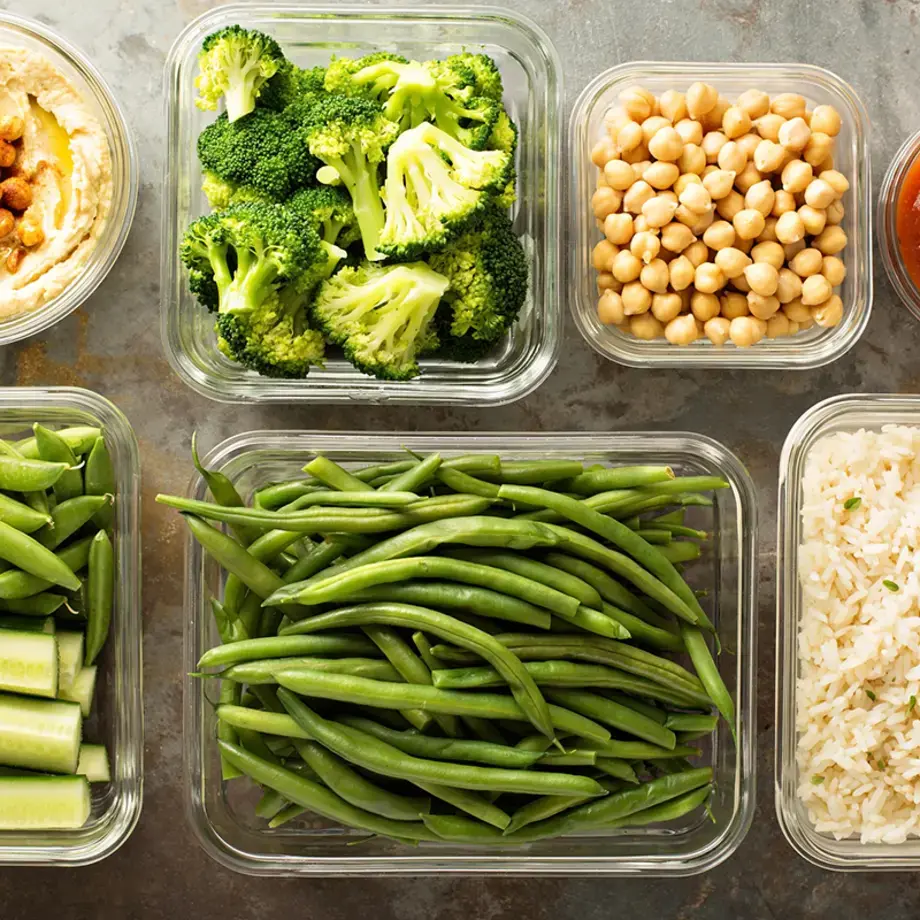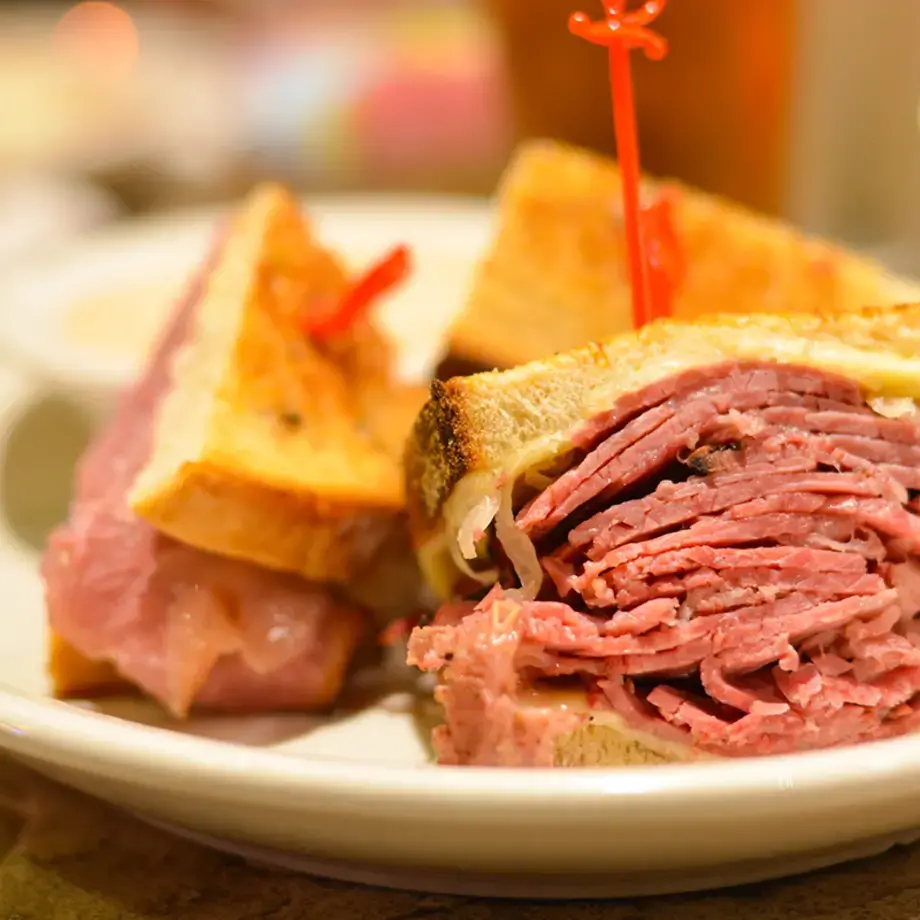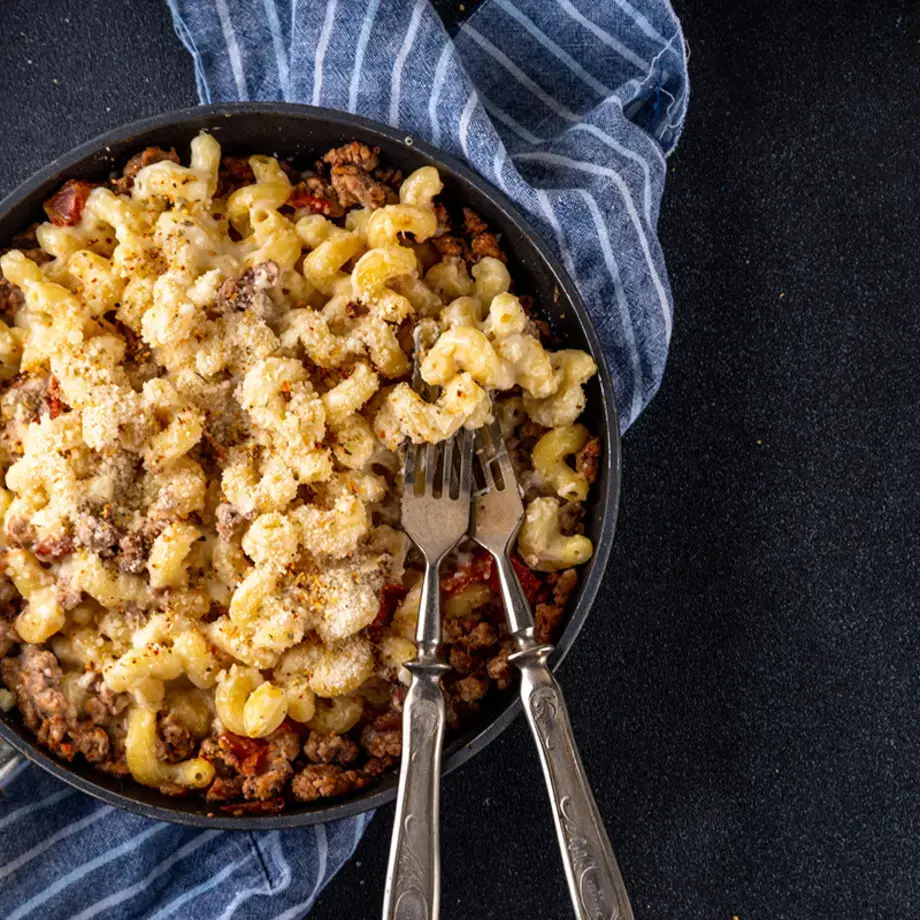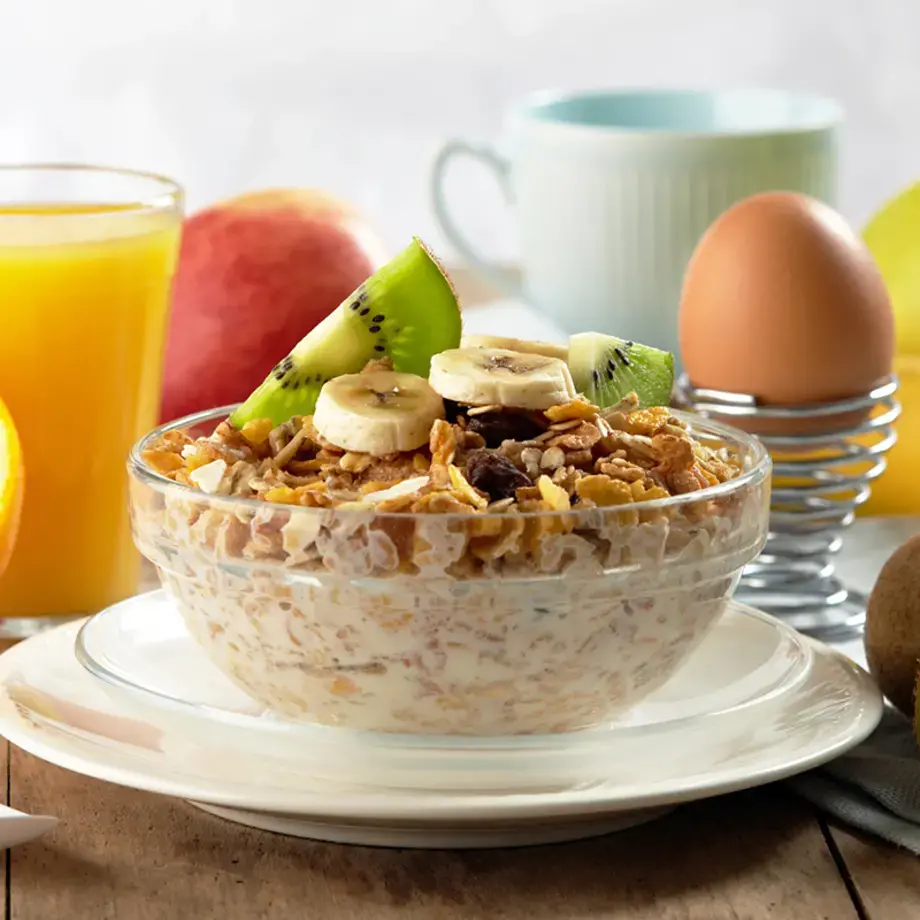What you are served while on safari will depend on which part of Africa you are visiting (in Namibia for example, expect a hugely carnivorous menu), if it’s a luxury or budget experience and what your own meal restrictions and preferences are. Vegetarians are catered for with advance notice, but on many nights the braai or barbecue buffet is composed of grilled meats, seafood, starches and a few obligatory leaves and corn on the cob. Those with specific restrictions should always inform the safari camp when you book – sometimes it takes days to get new ingredients to the more remote areas.
Depending on the type of safari you opt for, you’ll either be waited on hand and foot, or expected to prepare the meals yourself or in turns for your fellow campers. Both types of meal experiences have their place and drawcards. Eating under the magnificent African star- strewn sky, next to a roaring fire, after a successful day of game watching or tracking is something rather special, and all who have been on an African safari will attest to it.
Here’s a list of some of the items you can expect to enjoy on safari in Africa:
DRINKS
Rooibos (redbush) tea – perfect for chilly mornings.
Gin & tonic – quintessential bush break drink. Your ranger probably mixes a good one.
Witblits – a raw spirit that makers need a permit to distil. Potent, so be warned!
Amarula – sweet, creamy liquor made from the amarula fruit that elephants adorably get drunk on. A tip, order it with a shot of whisky to reduce the sweetness and add a little warming jolt.
Local coffees
You usually can drink the water and enjoy ice in your drinks (made from filtered water where necessary). If this isn’t the case your camp or lodge will either tell you in advance or provide water for you to drink each day.
FOOD
Starches such as fufu, ugali, pap, sadza or mealie meal – a stiff maize meal similar to thick polenta, as well as rice and breads.
Vegetables - expect the local herbs similar to spinach, butternut squash or similar, and a spread of salads. Though fresh lettuce and cucumber can be rare at times. Again, it depends where you are.
Game meat - a variety of game is served, usually grilled medium rare because the meat does dry out easily – for example gemsbok, springbok, impala, ostrich, kudu and warthog. The meat comes from farms, and not the reserve you are visiting, in case you feel wracked by guilt about eating Bambi.
In colder weather expect oxtail stews, lamb shanks in red wine, butter pastry meat pies, Cape Malay or Indian curries and plenty of heavy root vegetables.
Game birds such as guinea fowl and quail
Crocodile – popular around the lower Zambezi. Tastes like a cross between chicken and calamari. Can get tough quickly and benefits from fast cooking and a good sauce. Seafood – local fish, prawns and sometimes other shellfish.
Fine dining meals – If the idea of eating warmed canned beans at a fire leaves you fearful, it’s best you consider another safari lodge options. Exclusive camps like Sabi Sabi offer refined menus including dishes such as “crisp bass with porcini mushrooms and oxtail crust on wilted greens with red wine mushroom sauce”.
Fruit - served at your safari lodge, even if cut is safe to consume.







